Meet Aurate, a New York based ethical jewelry company founded in 2014 by Sophie Kahn and Bouchra Ezzahraoui. The fine jewelry brand offers ethically-sourced luxurious jewels with a one-for-one model embedded in its foundation.
The brand has partnered with Mastery Charter to provide one book to a child in need for every piece of jewelry purchased.
The Mastery Charter school network is based in Philadelphia and has over 17 schools and 10,000 students. They’ve had a stellar record of turning around schools and performance, leading to a special call-out from the former President himself.
The founders met while in school at Princeton pursuing their Masters in Finance. Both women have unique backgrounds – Sophie coming from the Netherlands and previously in the role of Director of Strategy at Marc Jacobs; and Bouchra, a native of Morocco with a high-ranking position at Goldman Sachs.
In just 3 years, AUrate has grown to 7-figure sales and has grown by 400% just this past year alone.
Below is a Q&A with Sophie Kahn and Bouchra Ezzahraoui, founder of AUrate.
What ignited the spark in both of you to start the company? When you were both at Princeton was it a certain course or teacher that inspired you to look into starting an ethical jewelry brand?
A: It was a void in the market that inspired us to start AUrate. We were out to brunch when we noticed a piece of jewelry turning my skin a different color. As 20/30-something women, we wanted jewelry that was modern and contemporary but made with real gold, high in quality and at a fair price.
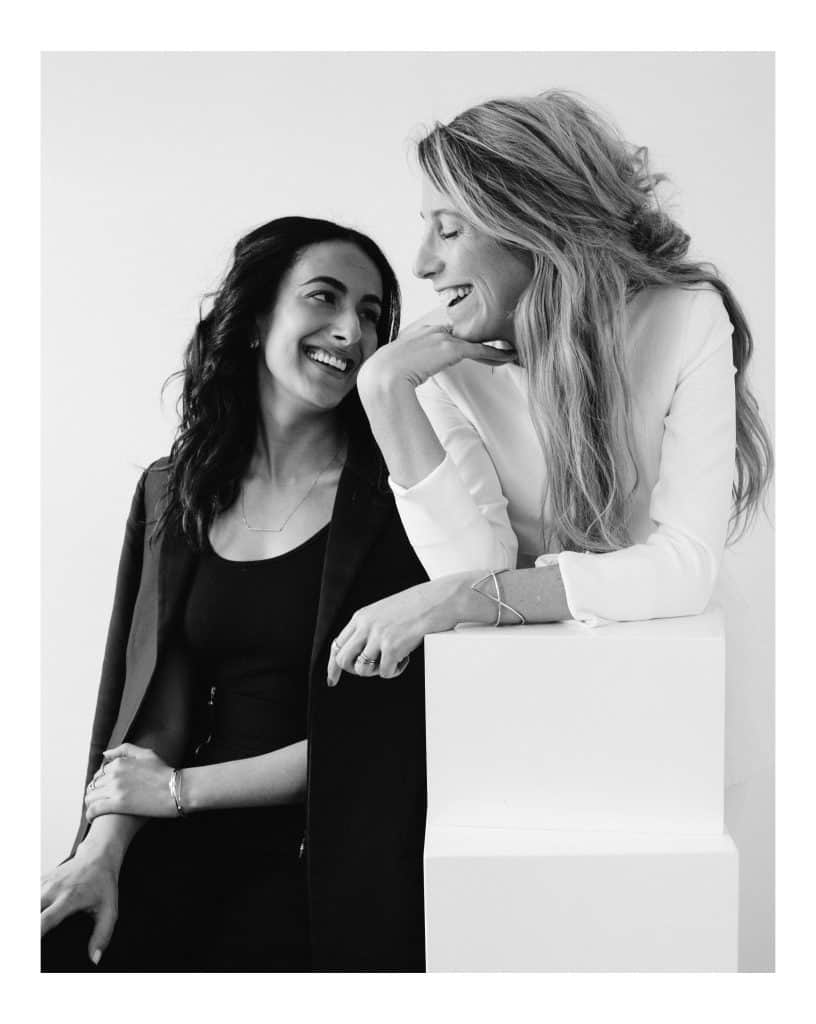
When we talk about conflict minerals can you explain to those who are not familiar with that term sort of what it means and how the industry needs to improve on its standards?
A: Materials sourced and products produced overseas are subject to entirely different standards than those in the US. For instance, diamonds could originate from countries where there’s war (so called “conflict regions”) and people are severely affected by the trade.
The industry needs to make sure, as we do, to check where its materials are coming from and only source where the production circumstances meet western standards.
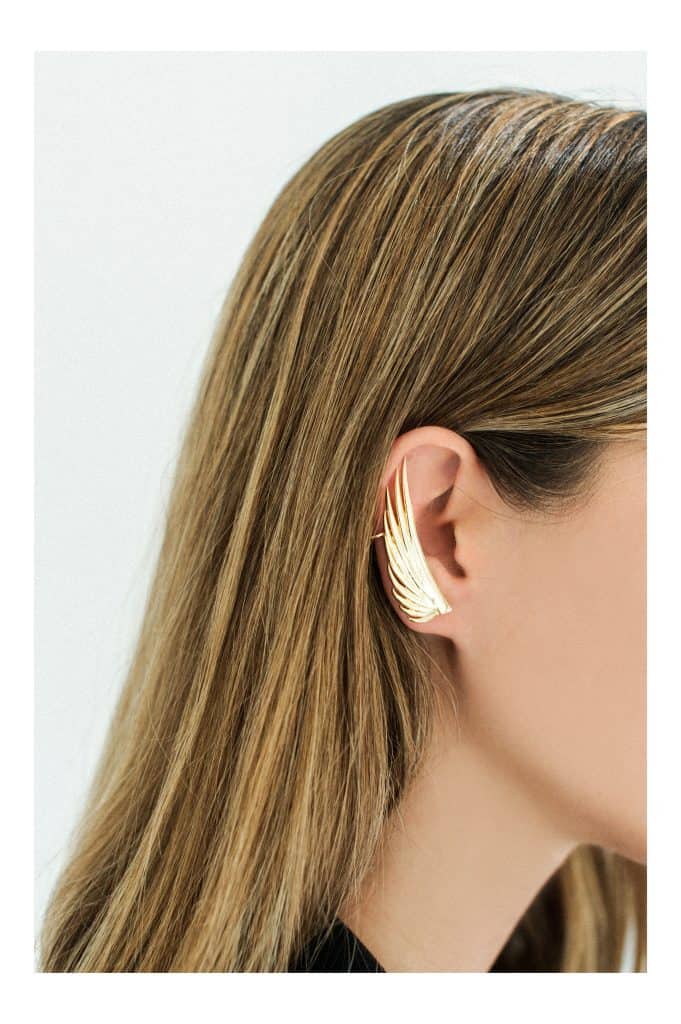
How tough was the process to find and create a conflict mineral eco-system to produce your jewelry? Did you try and get suggestions and recommendations from the United Nations?
A: It wasn’t as easy, but then again nothing that you strive to perfect ever is. We indeed looked at the recommendations from the UN when it comes to producing jewelry and making sure our process met all criteria from an environmental and social perspective.
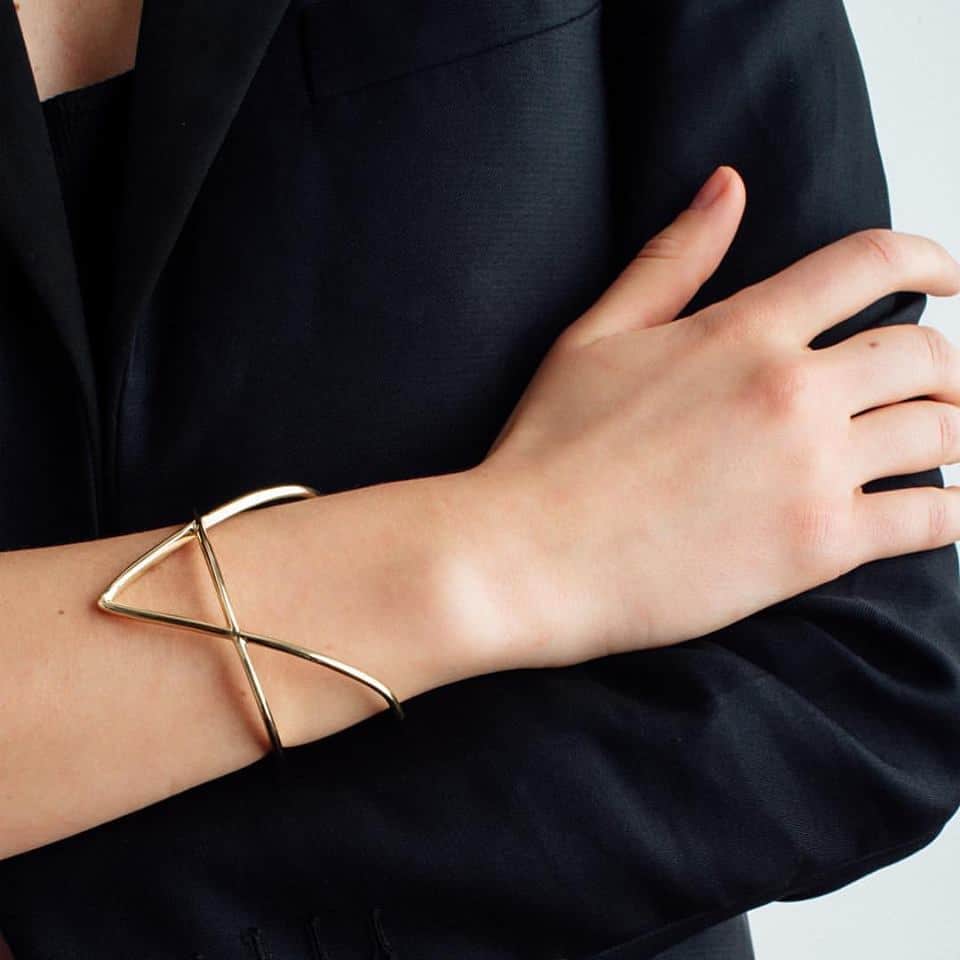
Once you completed the ethical eco-system of creating the jewelry when did the literacy cause come into play? Why literacy and why relate it with a jewelry company?
A: We always knew that we’d incorporate a charitable component. Corporate social responsibility is increasingly critical nowadays – not only to our self-worth, but to attract talent. We wanted to be proud of what we were doing because that’s when the true passion happens.
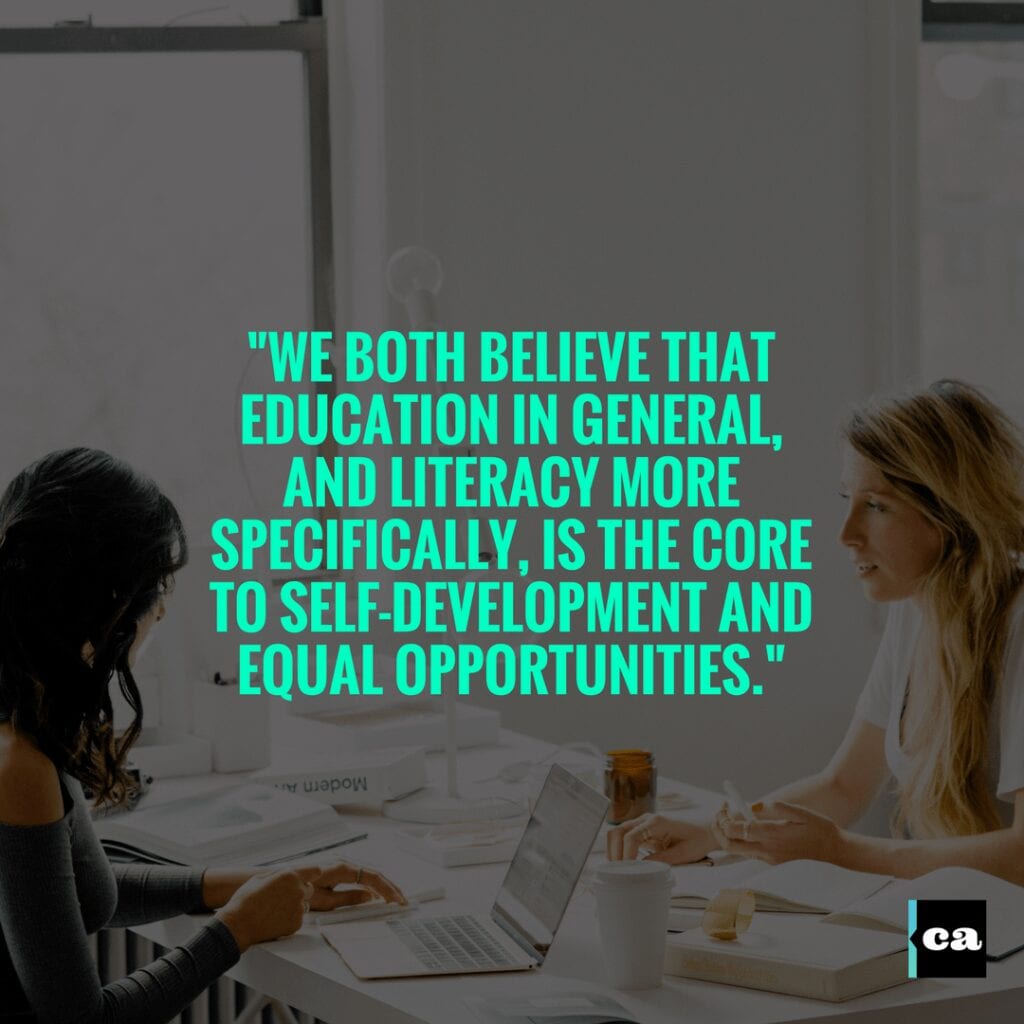
This becomes especially clear if you’re aware of the opposite side: imagine how your life would look if you could not read (well) and at what a disadvantage you are versus your peers.
Unfortunately, there are still a lot of kids here in the US that do not read well and do not have books of their own.
We wanted to help solve this, one book and one child at a time. We found the one-for-one model to be very tangible and represent real giving.
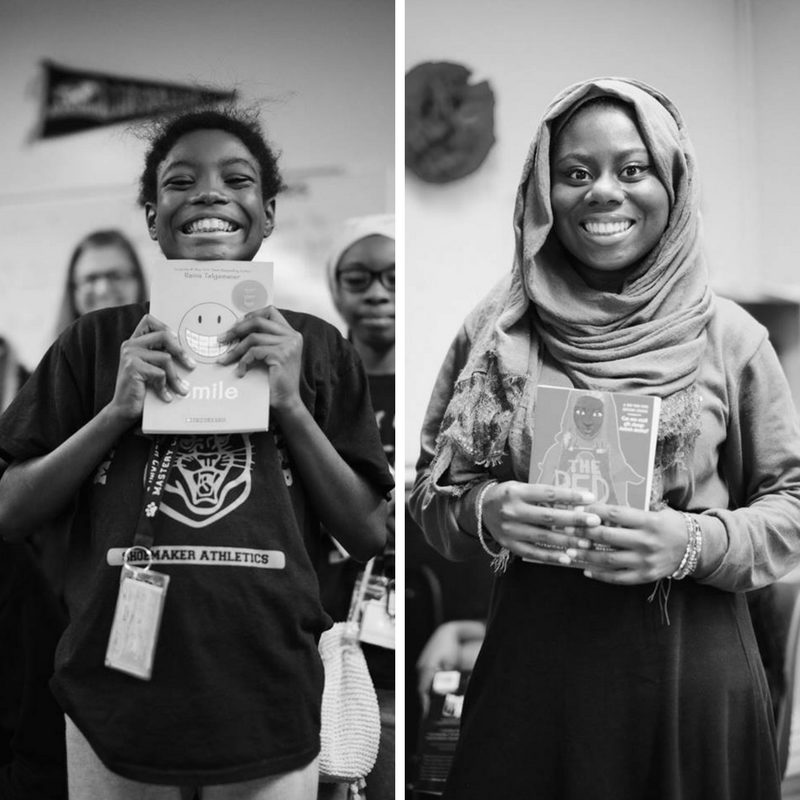
How did the partnership with Mastery Charter come about? Each time a piece of jewelry is purchased a book is given to the charter. Are these just random normal, books, textbooks, or books the school specifically needs?
A: We heard about Mastery Charter because of its stellar track record in turning around school performance – the dropout rate of their students was reduced by half; and graduation rates tripled.
We spoke with them about our idea of giving a ‘book for your look’ and it turned out they shared the same philosophy regarding the importance of books and reading.
We love attending their school and handing out the books to the students—it truly means the world to see our jewelry make a difference.
Our customers are also able to see what book was specifically given because of their purchase. The books gifted are reading books (that the kids put together a list for) that they really would like to read!
What has been your greatest lesson in your goals to build an ethical jewelry company?
To never give up. Building a business is a nonlinear process that teaches you discipline. Every failure is just another step away from success. It’s ok if things don’t work out how you expected it to, be flexible, move forward and prioritize what matters the most to the company’s success.
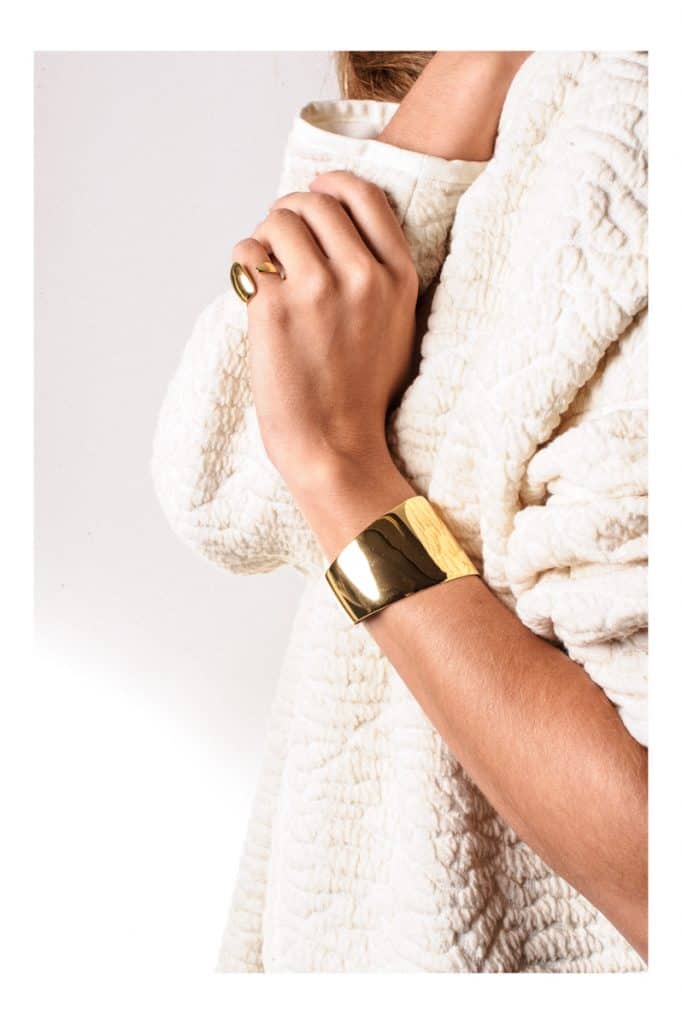
What advice would you give other social entrepreneurs looking to build ethical brands in sectors that historically have unethical approaches?
A: Just do it. Don’t get bogged down in overanalyzing situations or doubting your abilities or ideas. Start by doing and you’ll learn via trial and error. If you wait for the perfect plan, it will never happen.








